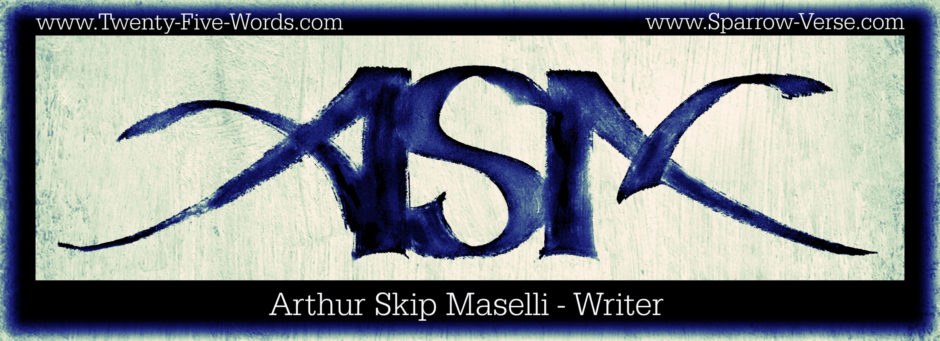Introspection and a curious awareness of surroundings make for endless fields from which to amass self-inspired knowledge. This awareness does not manifest in words; no, these are only learned approximations of our inner experience (qualia) of the universe. We are conditioned to think by and within the boundaries of popular bodies of knowledge. But the experience of knowledge in the silent center of our “being” comprises the truth we “know.”
Perhaps I too much fancy my own erudition; but with each turn of the page of ancient discourse I read, it seems I merely confirm that my own a priori realizations, apparently not just mine, have withstood the test of time, condition, and socio-cultural climate. These ancient minds did not have the blue prints (or desire) to make rocket ships, but had the knowledge to do so as thinkers. I find it takes more genius to dream of flying than to build an airplane.
I fell asleep reading Tetrabiblos, lying in the sands that comprise the sexy chiffon skirt of Alexandria, when Ptolemy rippled into my dream and asked me, “What do you see when you stare up into a clear night sky?” I replied, “I see stars. What do you see?” Claudius looked up and paused, and said smiling…“Hmm…I see constellations.”
We are all given a brain, sensory organs, and modes of expression; but the real ontology of knowledge flourishes in the ‘experience’ of thinking. With so much concern for subject matter and poetic adornment of words, there are few who explore the dynamics of their faith, for it is this that gives truth to facts. It is the dynamic itself that remains still for eternity.





